Remote Procedure Call (RPC) is a fundamental concept in computer science that allows a program to execute a procedure on a remote machine as if it were local. In the context of blockchain, RPC serves as a bridge, enabling developers to interact with blockchain nodes seamlessly. The Base RPC is a specialized form of RPC designed specifically for blockchain interactions, providing a reliable and efficient way to communicate with blockchain nodes.
Base RPC is crucial in facilitating communication between decentralized applications (dApps) and blockchain networks. It allows developers to query node information, send transactions, and interact with smart contracts without the need for direct node access. This capability is essential for building scalable and resilient blockchain applications.
Understanding Base RPC
Base RPC stands for Remote Procedure Call designed for blockchain interactions. It abstracts the complexities of blockchain nodes, offering a simplified interface for developers to perform various operations such as querying blockchain data, sending transactions, and managing accounts.
Role of RPC in Blockchain Technology
In blockchain technology, RPC acts as an intermediary that translates high-level commands into node-specific instructions. This role is pivotal because it:
- Ensures compatibility across different blockchain networks.
- Simplifies the development process by providing a standardized set of functions.
- Enhances security by abstracting node operations from the end-user.
Key Features of Base RPC
Base RPC comes with a plethora of features that make it indispensable for blockchain developers:
- Scalability: Handles numerous simultaneous requests efficiently.
- Reliability: Provides consistent and accurate responses, ensuring data integrity.
- Security: Utilizes encryption and authentication mechanisms to safeguard communications.
- Flexibility: Supports multiple blockchain protocols and can be customized to meet specific application needs.
How Base RPC Works
Client-Server Model
The Base RPC operates on a client-server model where the client sends a request, and the server processes it and returns a response. This model ensures that applications can make asynchronous requests to the blockchain, enhancing performance and user experience.
RPC Endpoints
RPC endpoints are specific URLs or IP addresses through which requests are sent to the blockchain node. These endpoints handle various types of queries and commands, such as fetching blockchain data or sending transactions.
Request and Response Mechanism
The Base RPC follows a standardized request and response mechanism:
- Request: The client sends a JSON-RPC formatted request to the server, specifying the method and parameters.
- Processing: The server processes the request, executes the required procedure, and prepares a response.
- Response: The server sends back a JSON-RPC formatted response containing the result or error information.
Setting Up Base RPC
Prerequisites
Before setting up Base RPC, ensure you have:
- A GetBlock account (how to set up an account).
- Access to a blockchain node (Base RPC node).
- Basic understanding of JSON-RPC and HTTP protocols.
Steps to Configure Base RPC
- Create an Account: Sign up on GetBlock to access the Base RPC services.
- Obtain API Key: Navigate to your dashboard and generate an API key for authentication.
- Select Node: Choose the blockchain network you wish to interact with and obtain the corresponding RPC endpoint.
- Configure Client: Set up your client application to use the obtained API key and endpoint for making requests.
Common Configurations and Parameters
- Endpoint URL: The URL or IP address of the RPC server.
- API Key: A unique key for authenticating your requests.
- Timeout Settings: Configurable options to handle request timeouts.
- Request Headers: Additional headers that may be required for secure communication.
Conclusion
Base RPC is a powerful tool for blockchain developers, simplifying the complex task of interacting with blockchain nodes. By understanding its features, how it works, and how to set it up, developers can build more efficient and secure blockchain applications.
FAQ Section
1. What is Base RPC and why is it important?
Base RPC is a specialized form of Remote Procedure Call designed for blockchain interactions. It simplifies communication with blockchain nodes, making it easier to query data, send transactions, and interact with smart contracts.
2. How do I set up Base RPC on my local machine?
To set up Base RPC, create a GetBlock account, obtain an API key, select your desired blockchain node, and configure your client application with the endpoint URL and API key.
3. What are the key features that differentiate Base RPC from other blockchain RPCs?
Base RPC offers scalability, reliability, security, and flexibility, making it suitable for various blockchain applications. It supports multiple blockchain protocols and can handle numerous simultaneous requests efficiently.
4. What kind of applications can benefit from using Base RPC?
Applications such as decentralized finance (DeFi) platforms, supply chain management systems, and any dApp requiring blockchain interaction can benefit from using Base RPC.
5. How can I troubleshoot common issues with Base RPC?
Common issues can be troubleshooted by checking the API key validity, ensuring the endpoint URL is correct, verifying network connectivity, and reviewing server logs for error messages.
6. Are there any security measures I need to consider when using Base RPC?
Yes, always use secure connections (HTTPS), regularly update your API keys, implement authentication mechanisms, and ensure your server configurations are up-to-date to prevent unauthorized access.
By leveraging Base RPC, developers can enhance their blockchain applications’ efficiency, security, and scalability, making it an essential tool in today’s rapidly evolving technological landscape.

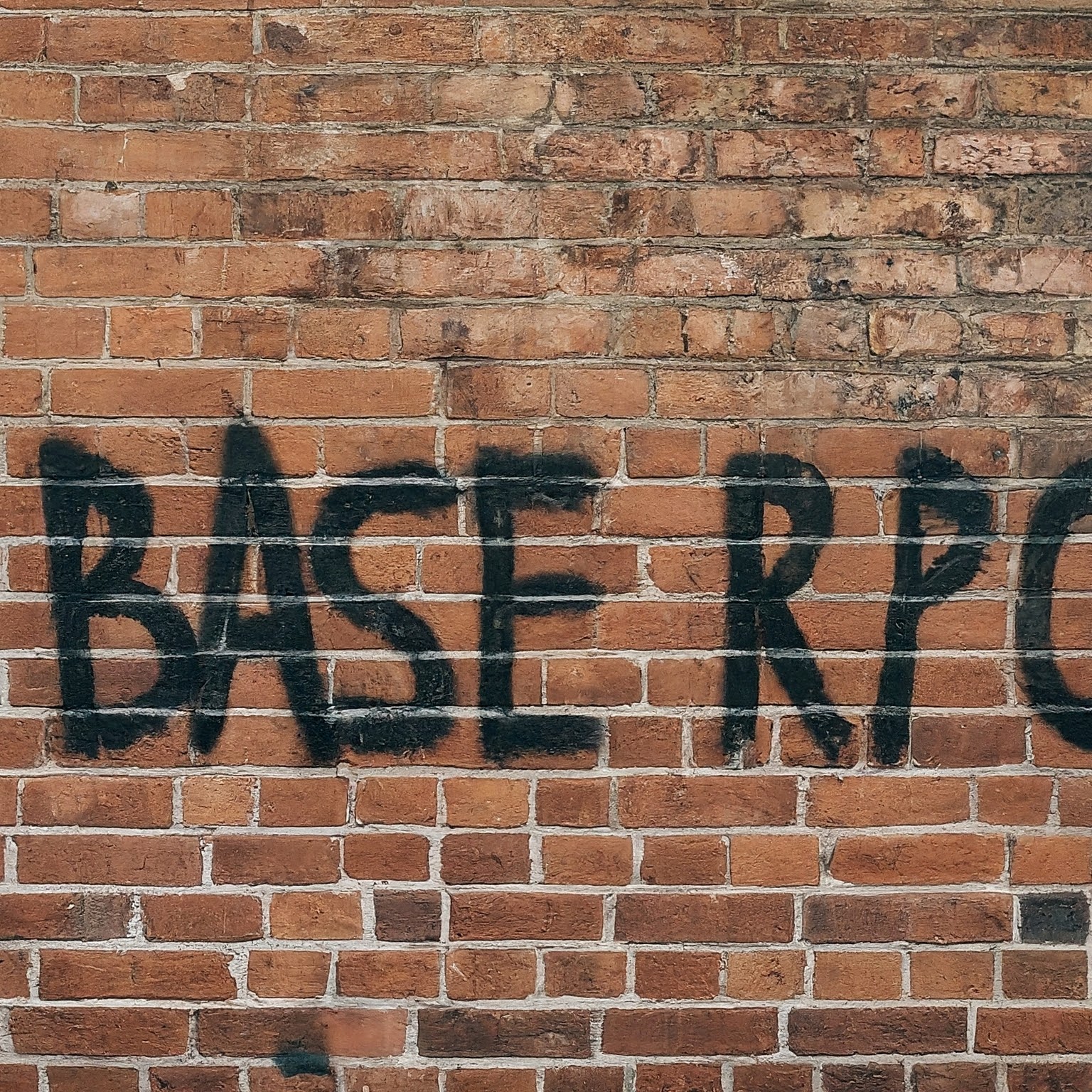
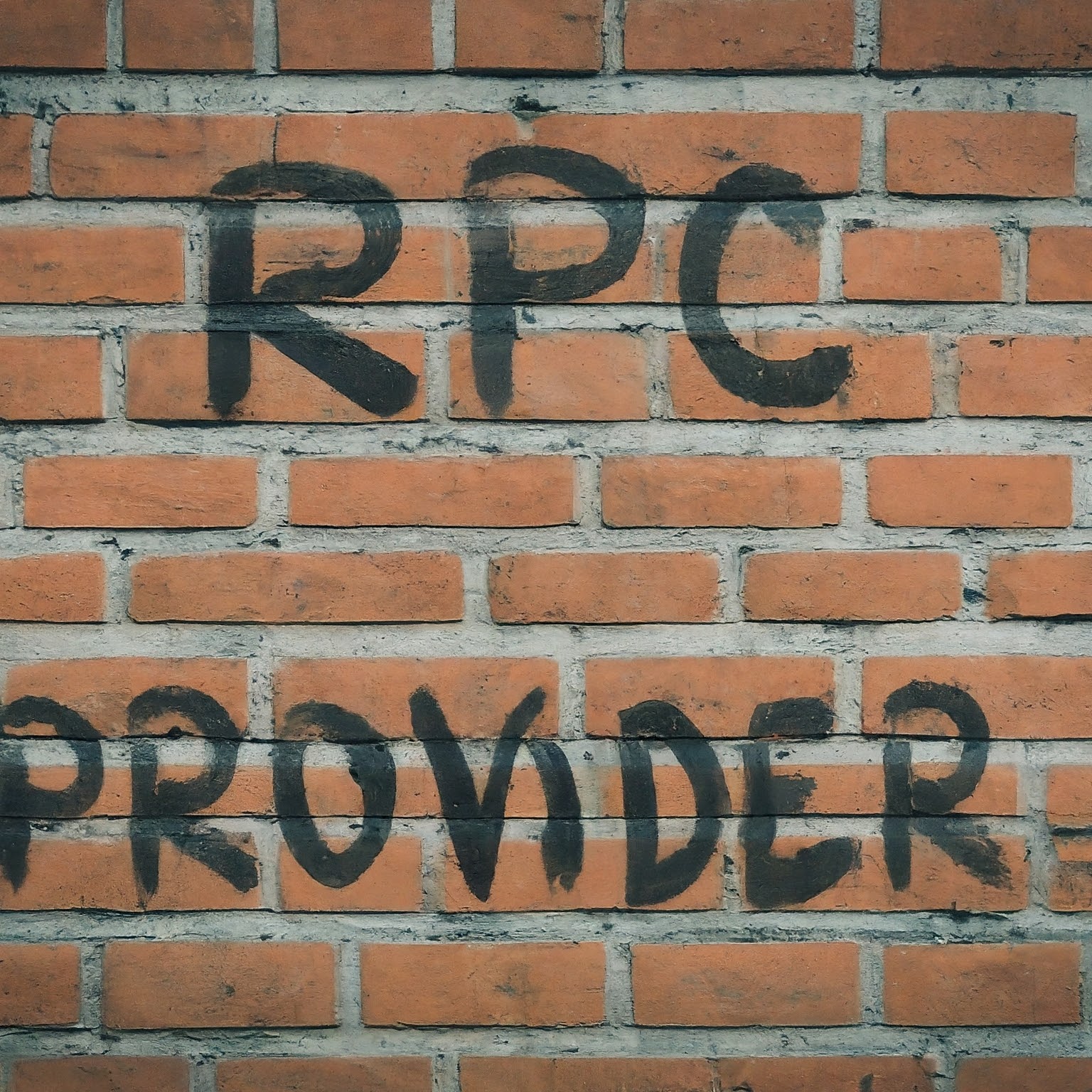
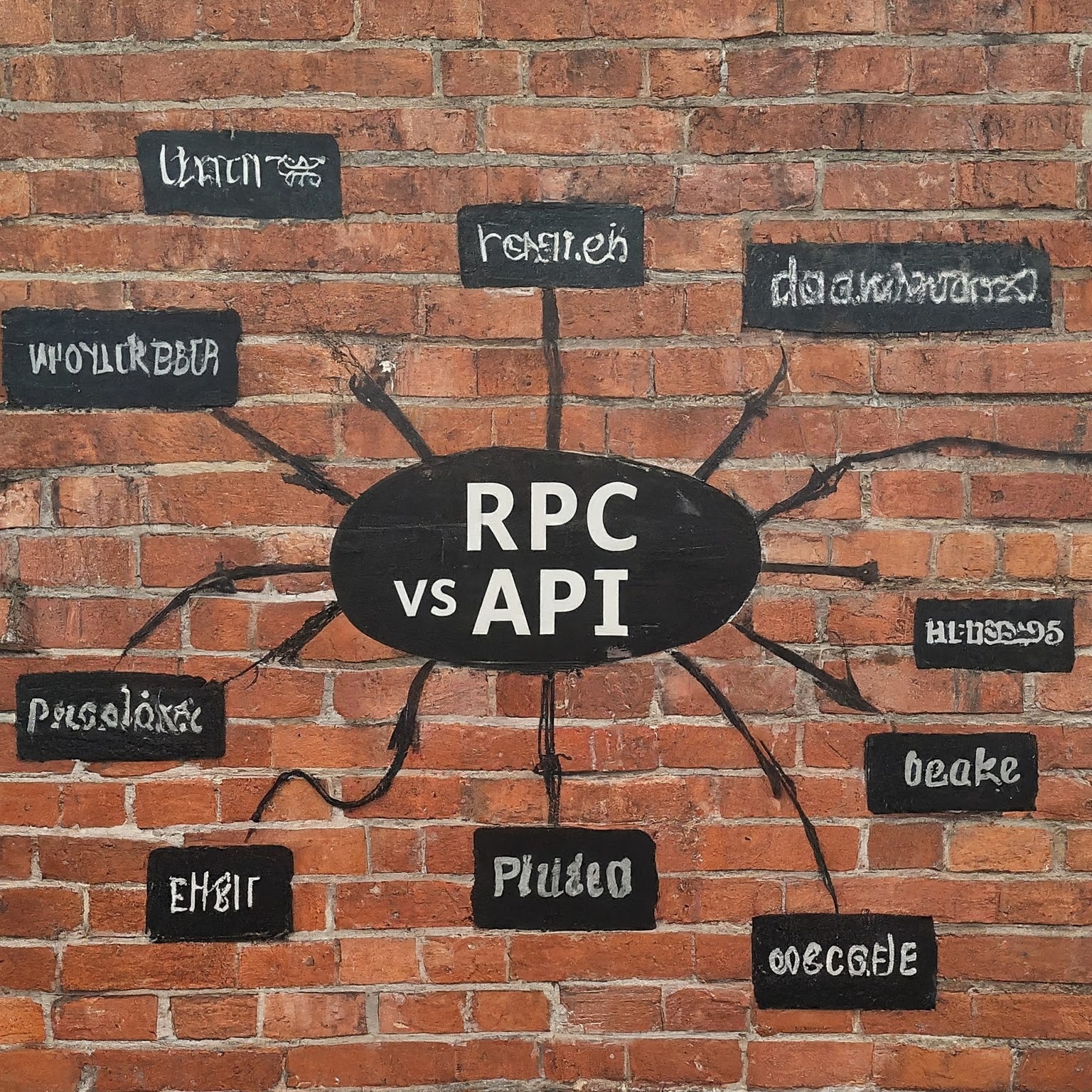
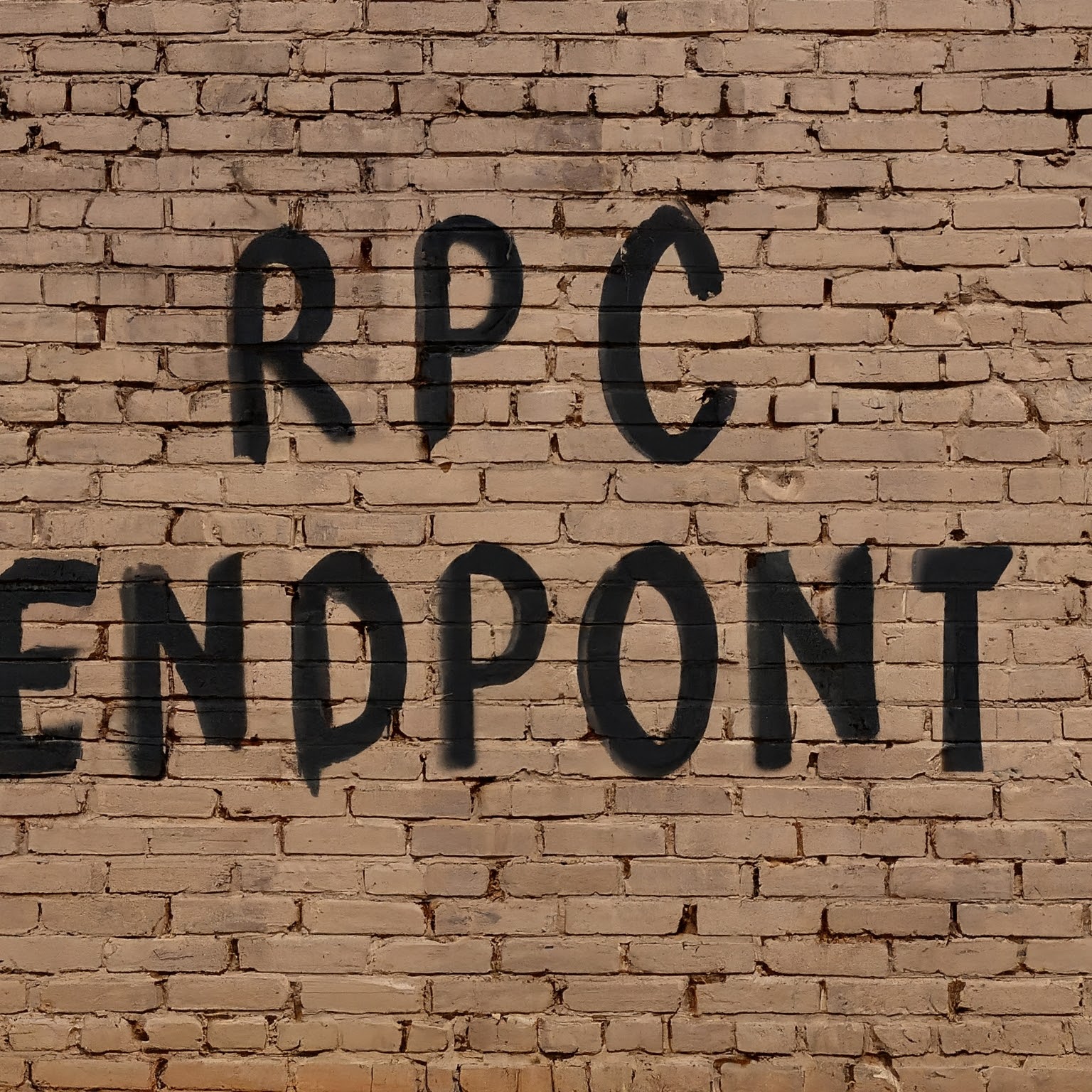
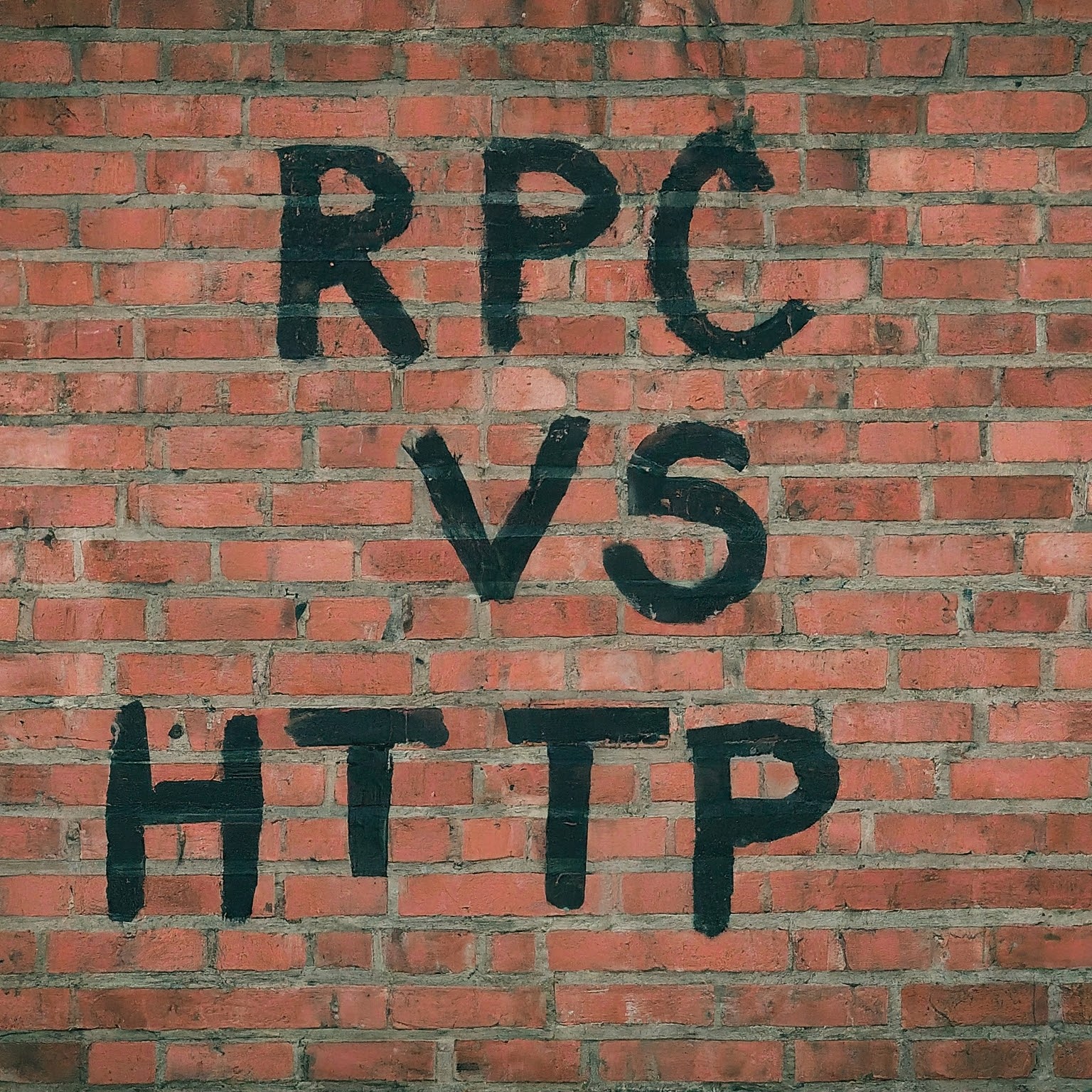
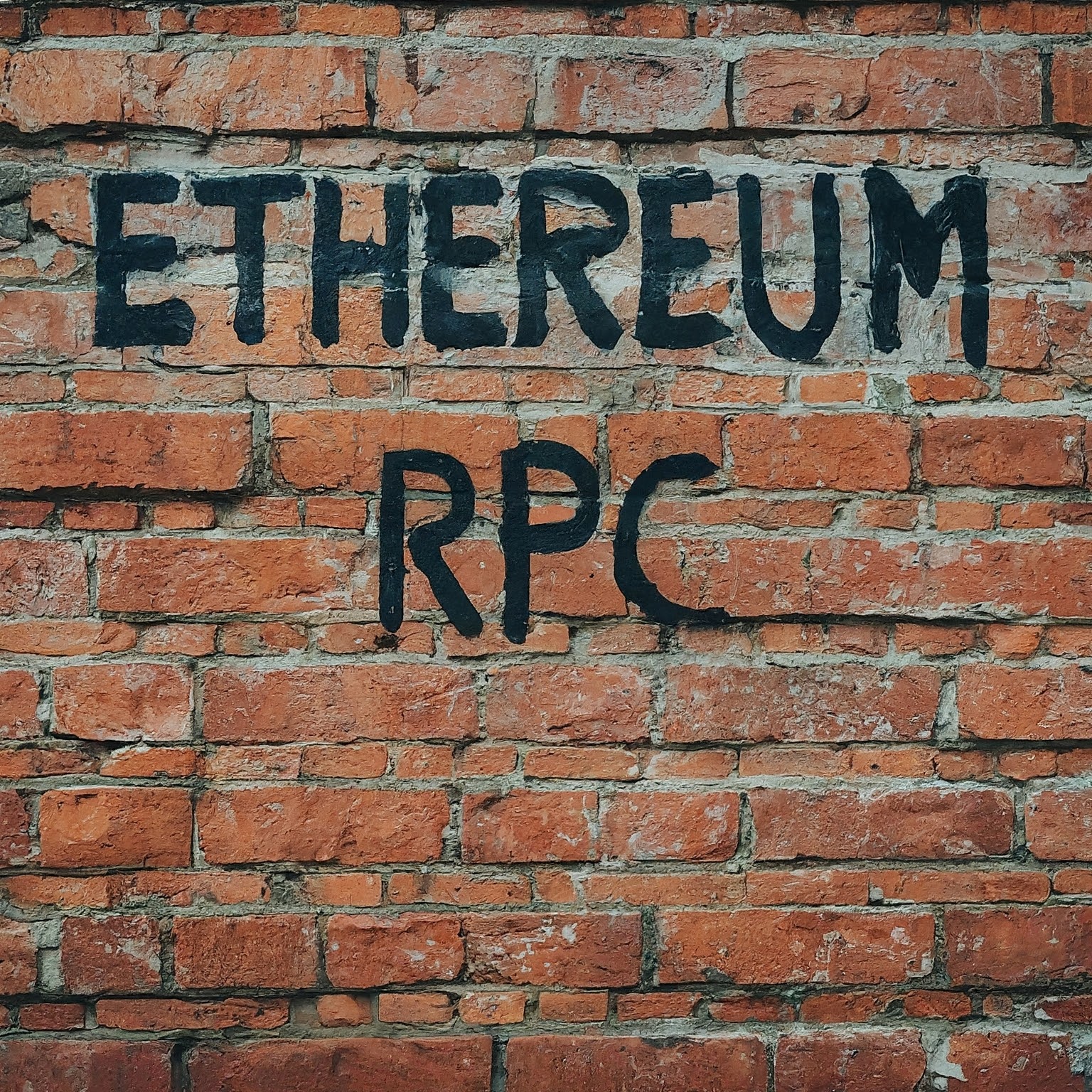
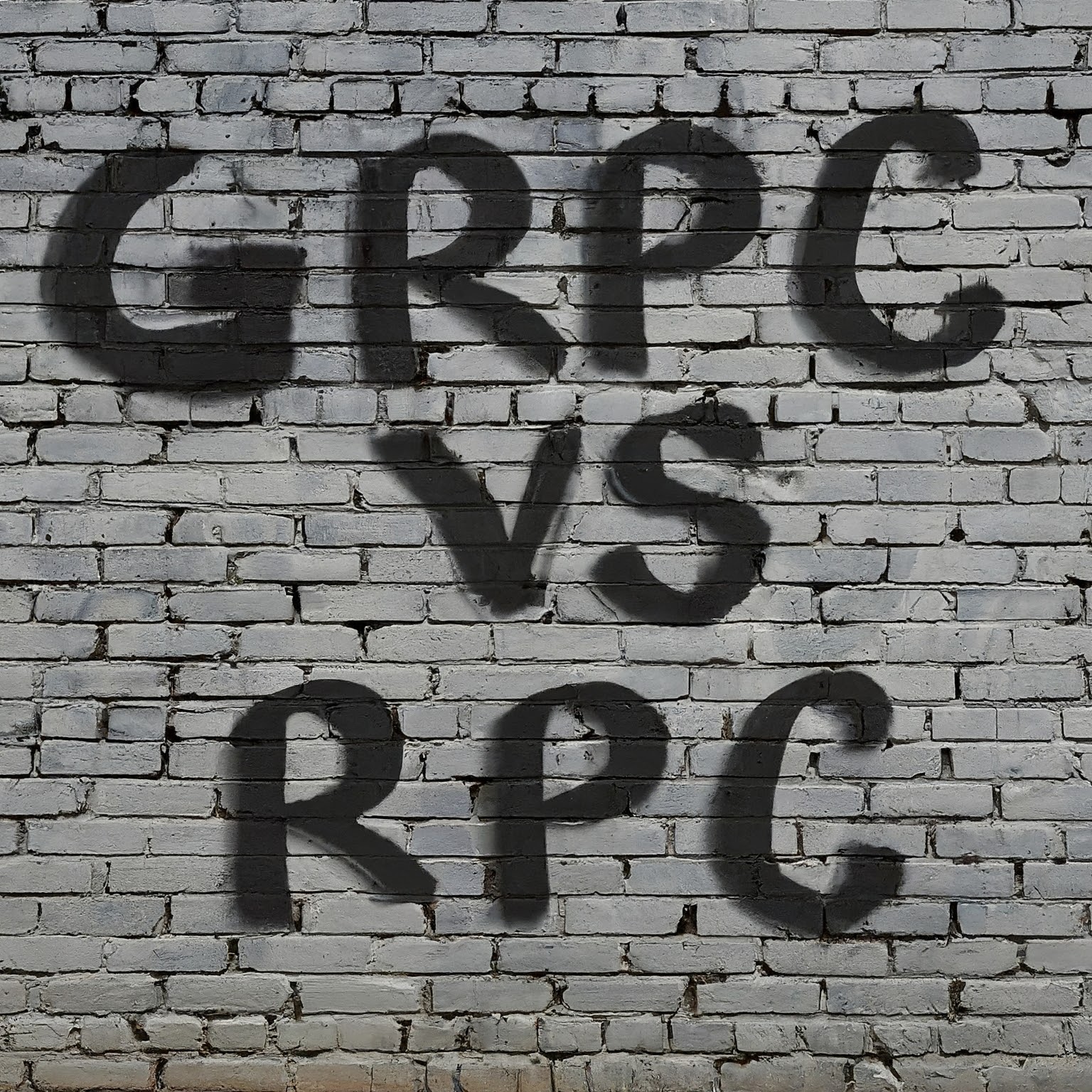
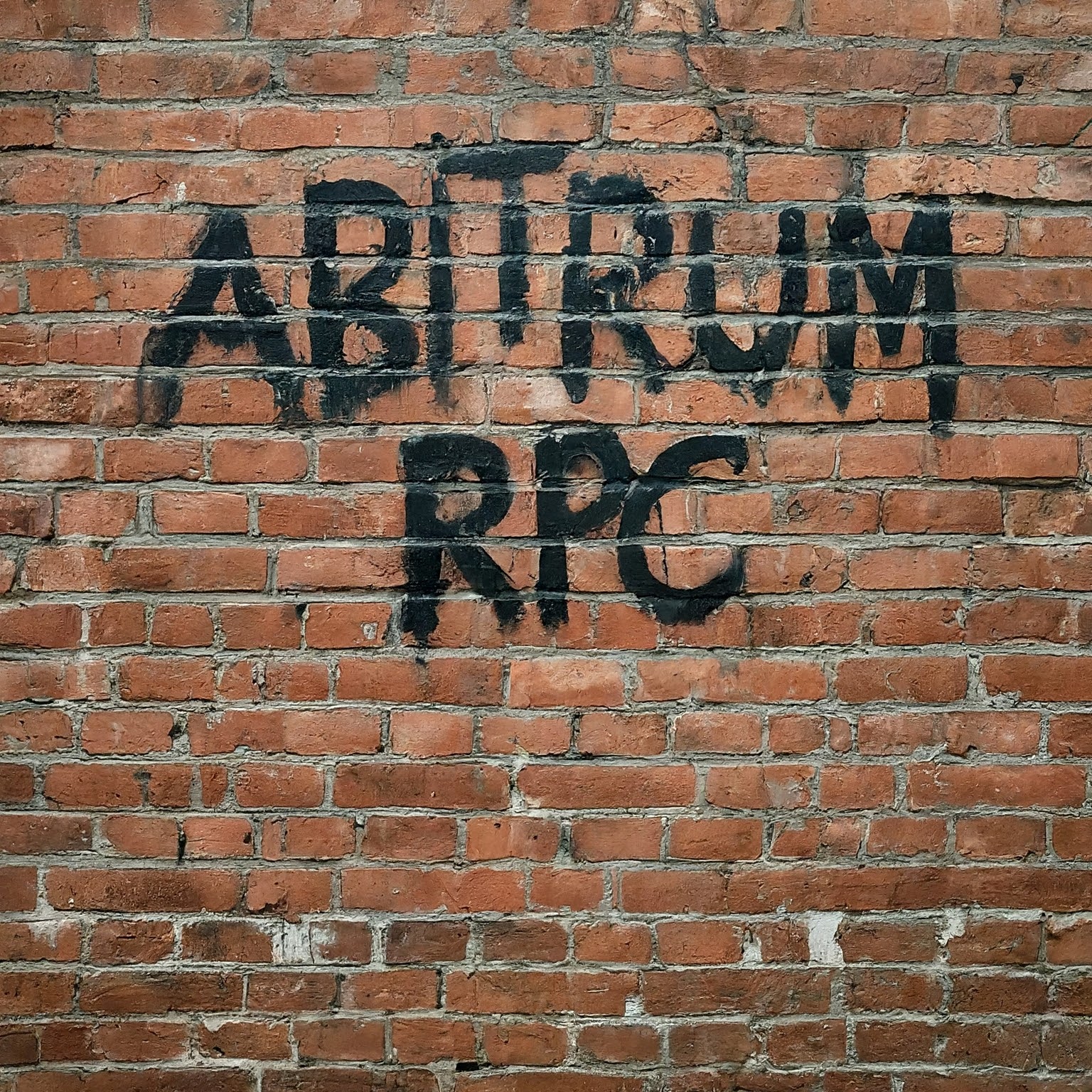

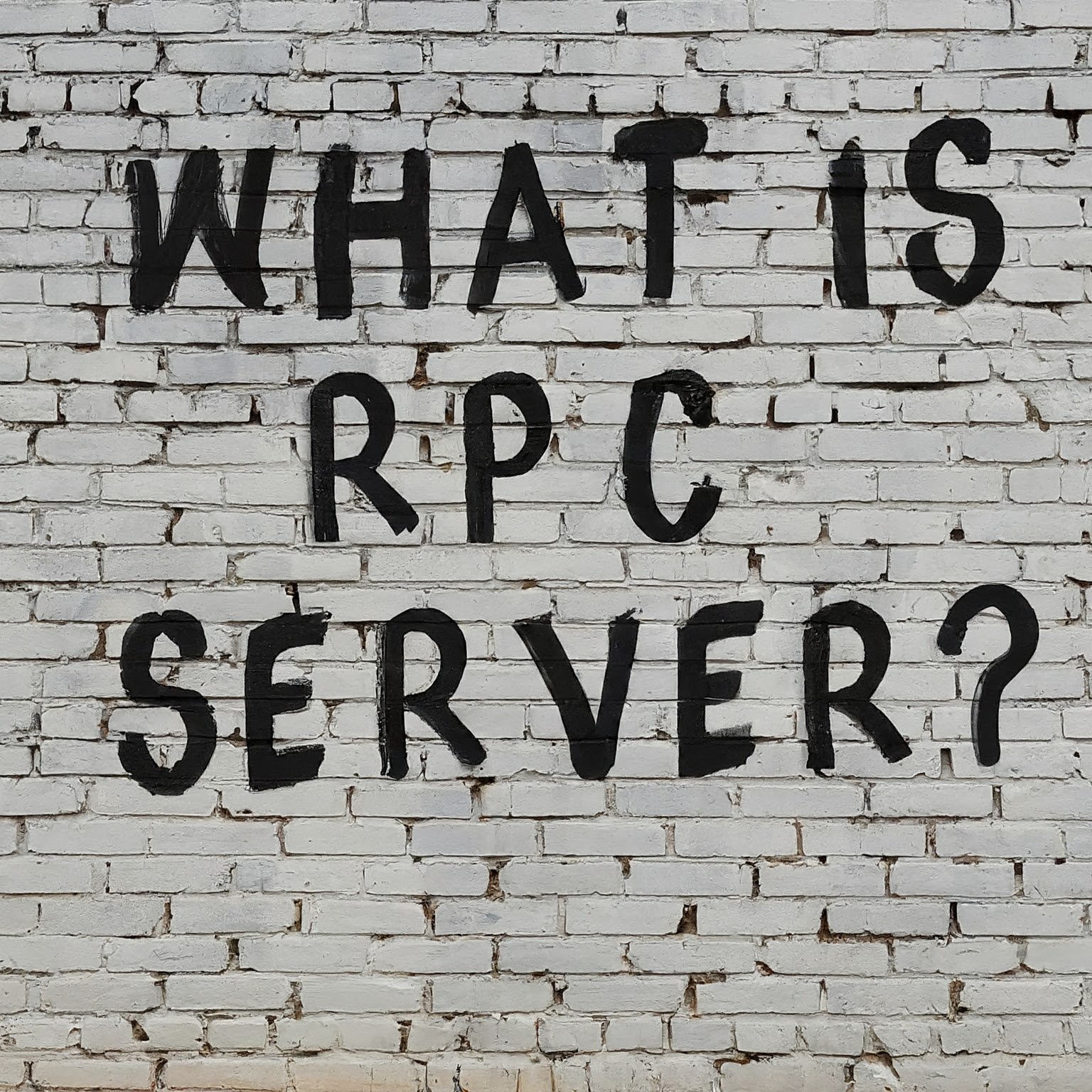
Leave a Reply
You must be logged in to post a comment.